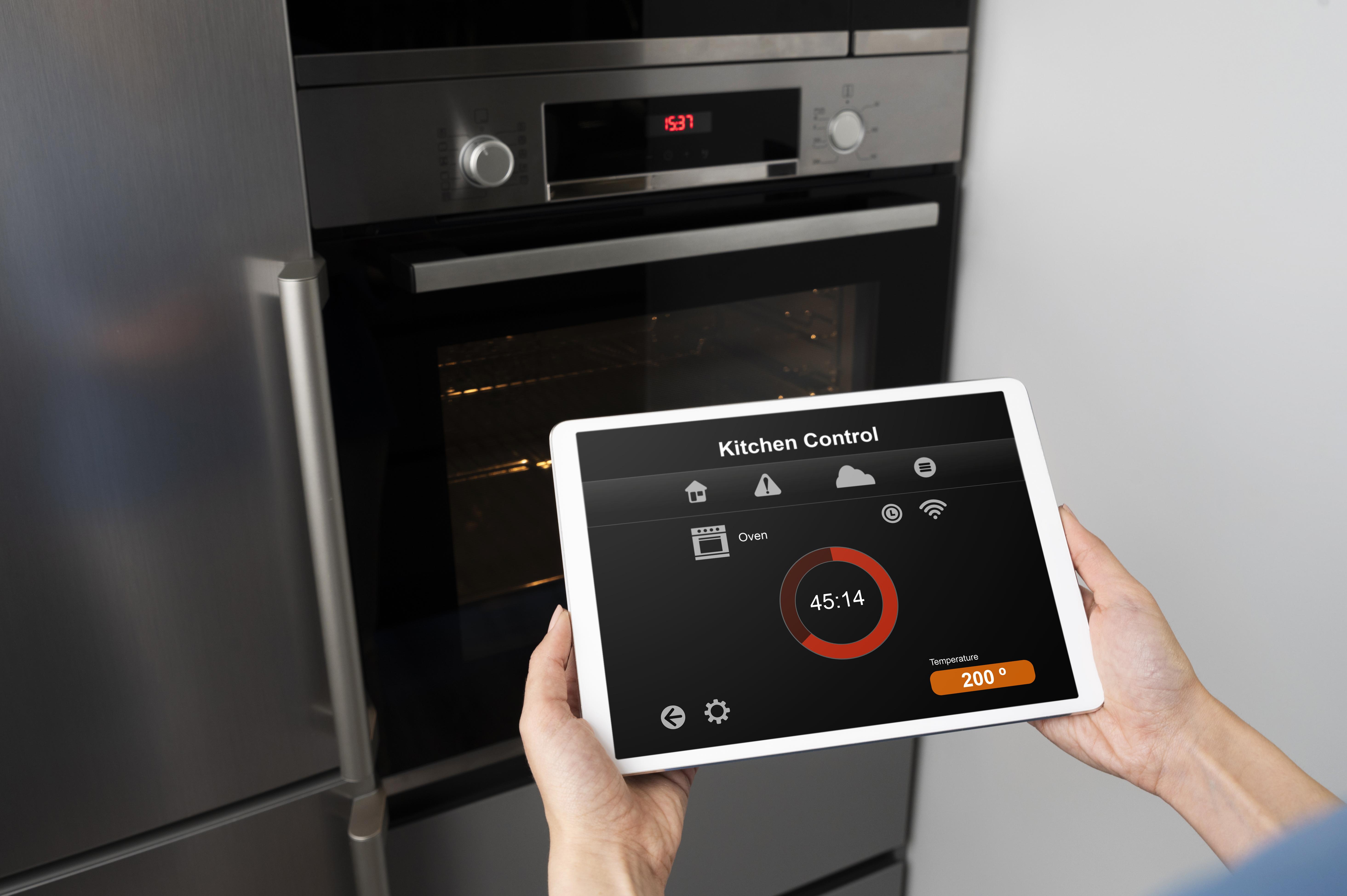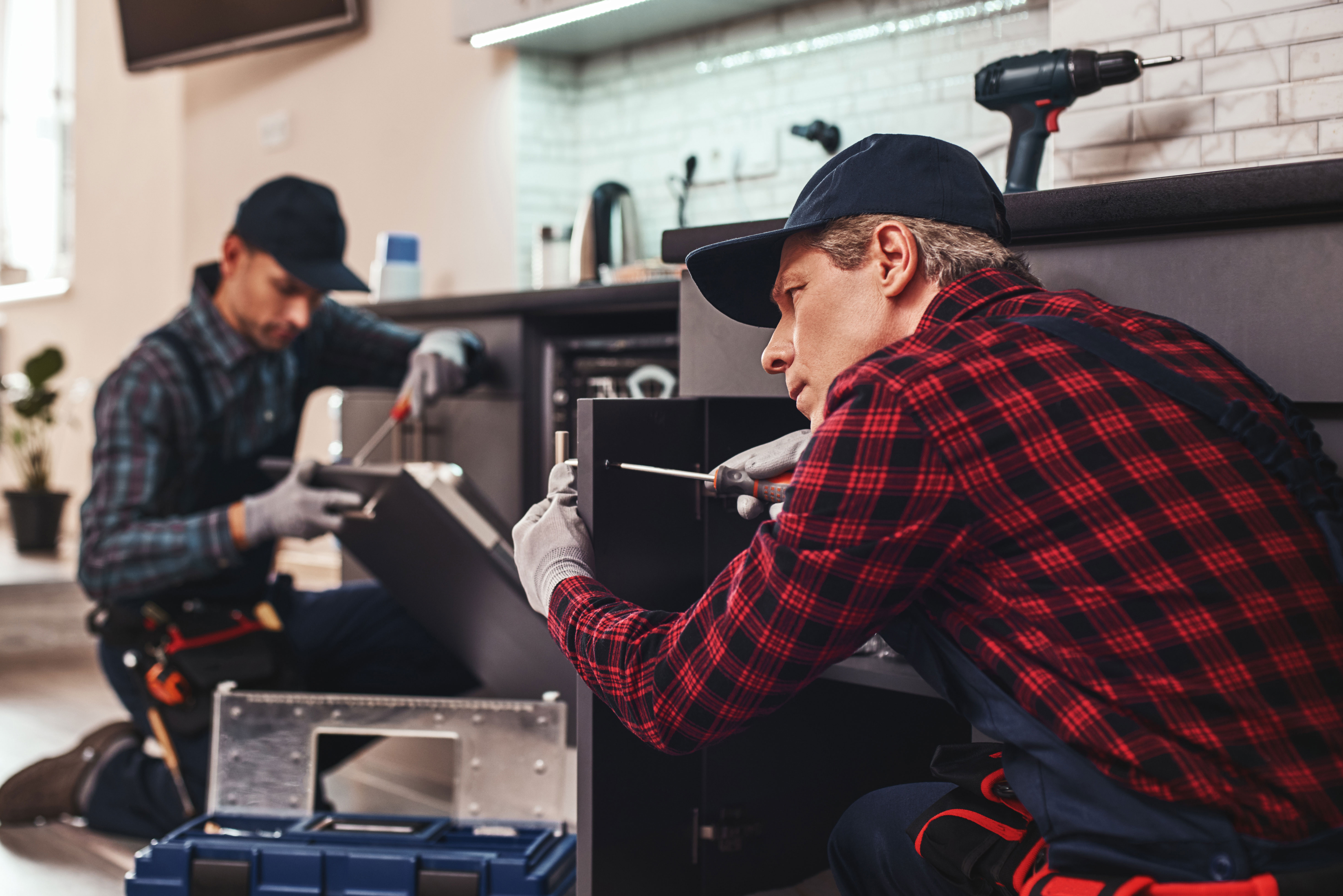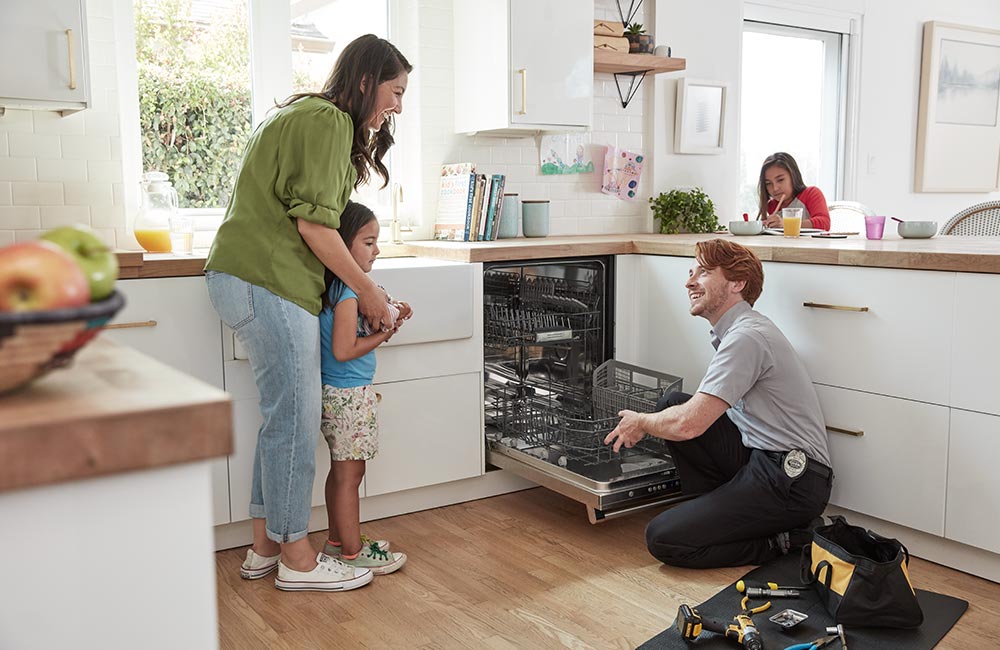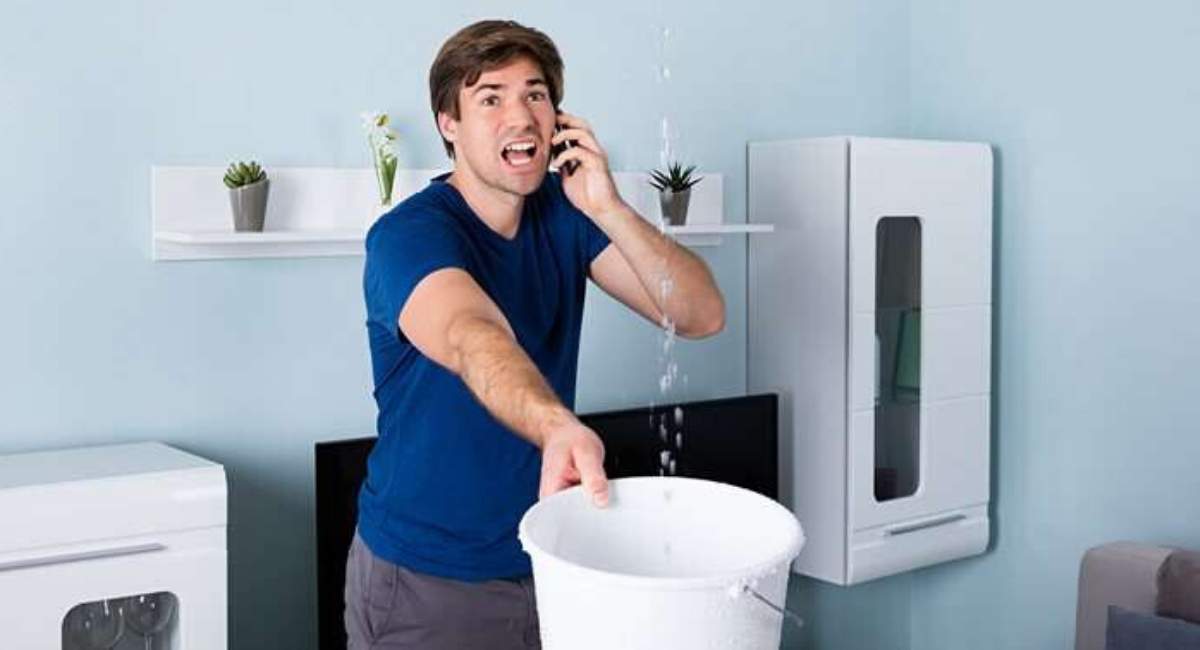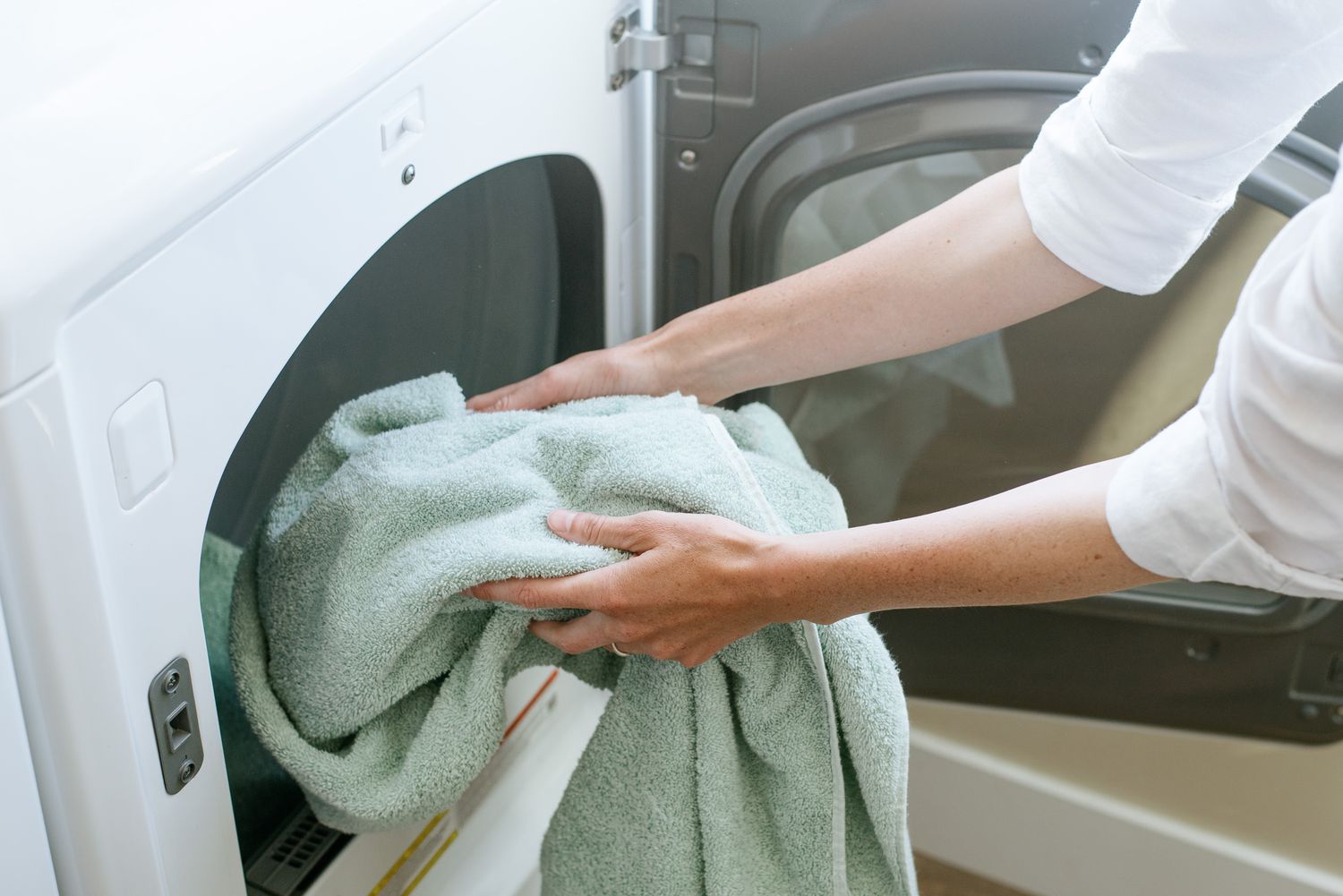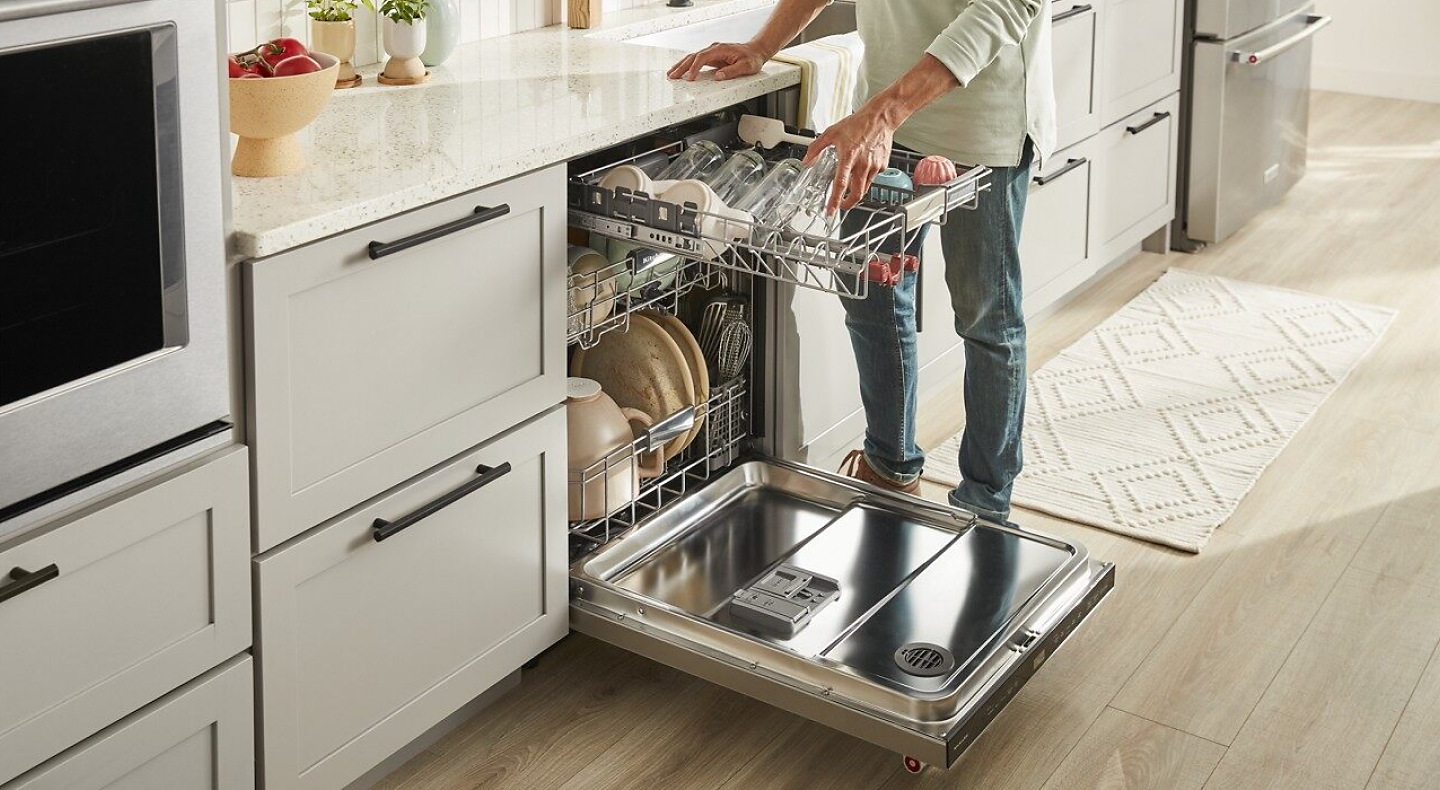Maximize Appliance Efficiency: Care & Repair Tip
In today's eco-conscious world, the emphasis on energy-efficient home appliances has never been more pronounced. As households across the globe strive to reduce their carbon footprint and utility bills, the allure of appliances that promise lower energy consumption without sacrificing performance has grown exponentially. These appliances are not just a nod towards environmental sustainability; they represent a tangible effort to combat the escalating costs of energy and a proactive step towards a greener planet. Energy-efficient appliances, from refrigerators to washing machines, are at the forefront of this movement, offering innovative solutions that consume less power and, in turn, emit fewer greenhouse gases.
This blog delves into the realm of energy-efficient home appliances, focusing on the dual objectives of enhancing energy efficiency and navigating the intricacies of their maintenance and repair. It aims to shed light on the pivotal role these appliances play in modern living, offering practical tips and insights on how to maximize their efficiency. From understanding the importance of regular upkeep to recognizing when professional repair services are needed, this guide seeks to empower homeowners with the knowledge to not only make informed purchasing decisions but also maintain the optimal performance of their appliances. By doing so, it underscores the significant impact that well-maintained energy-efficient appliances can have on both the environment and household budgets, marking a step forward in the journey towards sustainable living.
Understanding Energy Efficiency in Appliances
Energy efficiency in appliances refers to the ability of a device to perform its tasks using minimal electrical energy without compromising on quality or effectiveness. This efficiency is often quantified through energy ratings and standards, such as the ENERGY STAR label in the United States, which identifies and certifies appliances that meet or exceed stringent energy efficiency guidelines set by the U.S. Environmental Protection Agency (EPA). These ratings provide a clear indicator of an appliance's performance in terms of energy consumption, allowing consumers to compare products and choose those that will cost less to operate over time.
The role of energy-efficient appliances in fostering a sustainable lifestyle is significant. By consuming less energy, these appliances reduce the demand on power plants, subsequently decreasing greenhouse gas emissions and the household's carbon footprint. This not only contributes to the global effort against climate change but also results in tangible savings on utility bills, making sustainable living both environmentally beneficial and economically sensible. In essence, energy-efficient appliances serve as a crucial bridge between the daily needs of modern living and the imperative to conserve our planet's resources for future generations, embodying the practical aspects of a sustainable lifestyle.
Benefits of Energy-Efficient Appliances
Energy-efficient appliances stand at the forefront of sustainable living, offering significant benefits by reducing energy consumption and lowering utility costs. These appliances are designed to utilize minimal electrical power to complete their tasks, thereby consuming less energy compared to conventional models. For homeowners, this translates into lower electricity bills—a direct financial saving that accumulates over the lifespan of the appliance. The efficiency of these devices is often measured by ratings such as ENERGY STAR, indicating their ability to operate using less energy without sacrificing performance.
Beyond the immediate economic advantages, energy-efficient appliances contribute to broader environmental benefits by reducing the demand on power grids and decreasing reliance on fossil fuels. This reduction in energy usage directly correlates with a lower carbon footprint for each household, as less carbon dioxide and other greenhouse gases are emitted into the atmosphere. Over time, the cumulative effect of widespread adoption of energy-efficient appliances can lead to significant reductions in global greenhouse gas emissions, helping to mitigate the impacts of climate change. Additionally, conserving energy resources aligns with global sustainability goals, preserving the environment for future generations while fostering a healthier planet.
Maintaining Energy-Efficient Appliances
Maintaining energy-efficient appliances is key to ensuring they continue to operate at their peak efficiency, thereby extending their lifespan and preserving their energy-saving benefits. Regular maintenance can prevent common issues that lead to increased energy consumption. For example, cleaning the coils on your refrigerator helps it run more efficiently by allowing it to cool more effectively. Washers and dryers require lint and debris removal to prevent blockages that can lead to overworking. Dishwashers benefit from regular filter cleaning to maintain optimal water flow and heating efficiency. Following the manufacturer’s guidelines for maintenance and care is crucial, as each appliance has specific needs that, when met, ensure its longevity and efficiency.
DIY maintenance, such as cleaning filters, checking for leaks, or ensuring vents are clear, can be straightforward and regularly performed by homeowners. These simple tasks can significantly impact the appliance's efficiency and are often the first line of defense against wear and tear. However, when it comes to more complex maintenance tasks, such as servicing internal components or addressing electrical issues, calling in a professional is advisable. Professional servicing ensures that complex tasks are handled correctly, using the right tools and knowledge. Technicians can also identify potential problems that may not be obvious to the untrained eye, preventing future breakdowns. Moreover, professional services often come with warranties, offering peace of mind that the repair will last. Balancing DIY maintenance with professional servicing ensures that energy-efficient appliances continue to operate effectively, maintaining their role in a sustainable lifestyle while avoiding the costs and inconveniences of premature replacements.
Maintaining Energy-Efficient Appliances
Maintaining energy-efficient appliances is key to ensuring they continue to operate at their peak efficiency, thereby extending their lifespan and preserving their energy-saving benefits. Regular maintenance can prevent common issues that lead to increased energy consumption. For example, cleaning the coils on your refrigerator helps it run more efficiently by allowing it to cool more effectively. Washers and dryers require lint and debris removal to prevent blockages that can lead to overworking. Dishwashers benefit from regular filter cleaning to maintain optimal water flow and heating efficiency. Following the manufacturer’s guidelines for maintenance and care is crucial, as each appliance has specific needs that, when met, ensure its longevity and efficiency.
DIY maintenance, such as cleaning filters, checking for leaks, or ensuring vents are clear, can be straightforward and regularly performed by homeowners. These simple tasks can significantly impact the appliance's efficiency and are often the first line of defense against wear and tear. However, when it comes to more complex maintenance tasks, such as servicing internal components or addressing electrical issues, calling in a professional is advisable. Professional servicing ensures that complex tasks are handled correctly, using the right tools and knowledge. Technicians can also identify potential problems that may not be obvious to the untrained eye, preventing future breakdowns. Moreover, professional services often come with warranties, offering peace of mind that the repair will last. Balancing DIY maintenance with professional servicing ensures that energy-efficient appliances continue to operate effectively, maintaining their role in a sustainable lifestyle while avoiding the costs and inconveniences of premature replacements.
Repairing Energy-Efficient Appliances
Repairing energy-efficient appliances requires a nuanced approach to ensure their optimal functionality and energy-saving features are preserved. Common issues that undermine the efficiency of these appliances include faulty seals on refrigerators, which lead to excessive energy use to maintain temperatures, and clogged filters in dryers and dishwashers, which extend drying and washing times, respectively. Simple troubleshooting steps, such as checking and replacing seals or cleaning filters, can often resolve these issues without the need for professional intervention. Additionally, ensuring that appliances are not overloaded and that their settings are adjusted according to the manufacturer's guidelines can prevent unnecessary strain and energy usage.
When more complex problems arise, or if troubleshooting doesn't resolve the issue, selecting the right repair service becomes crucial. Look for services that specialize in energy-efficient appliances and have technicians who are up-to-date with the latest technologies and repair techniques. These professionals are more likely to understand the unique needs of energy-efficient models and how to fix them without compromising their efficiency.
The use of OEM (Original Equipment Manufacturer) parts in repairs is vital to maintain the appliance's energy efficiency. OEM parts are designed to work seamlessly with the specific model, ensuring that the appliance continues to operate as efficiently as the day it was purchased. Certified technicians, who have been trained and approved by manufacturers, bring a level of expertise and reliability that is essential for maintaining the high standards of energy-efficient appliances. They ensure that repairs are done right the first time, preventing future issues and maintaining the appliance's energy-saving capabilities. Choosing a repair service with the right expertise and commitment to quality parts is a critical step in preserving the functionality and energy efficiency of your appliances.
Conclusion
In conclusion, energy-efficient appliances represent a crucial step towards achieving a more sustainable and cost-effective household. Their role extends beyond merely reducing utility bills; they contribute significantly to minimizing environmental impact through reduced energy consumption. Proper maintenance and timely repairs are key to ensuring these appliances continue to operate at their peak efficiency, extending their lifespan and maximizing their environmental and financial benefits. Regular upkeep, coupled with professional servicing for more complex issues, ensures that energy-efficient appliances remain a valuable investment for any household.
The adoption of energy-efficient appliances and a commitment to their maintenance and repair underscores a broader commitment to sustainability and efficiency. These practices not only benefit individual households through savings and improved appliance performance but also contribute to global environmental conservation efforts.
Invest in energy-efficient appliances and embrace the responsibility of their maintenance and repair to ensure their longevity and efficiency. The benefits of such appliances extend beyond your home, contributing to a healthier planet. For specialized repair needs, seek out professional services experienced with energy-efficient models to maintain their optimal performance and sustainability benefits.


